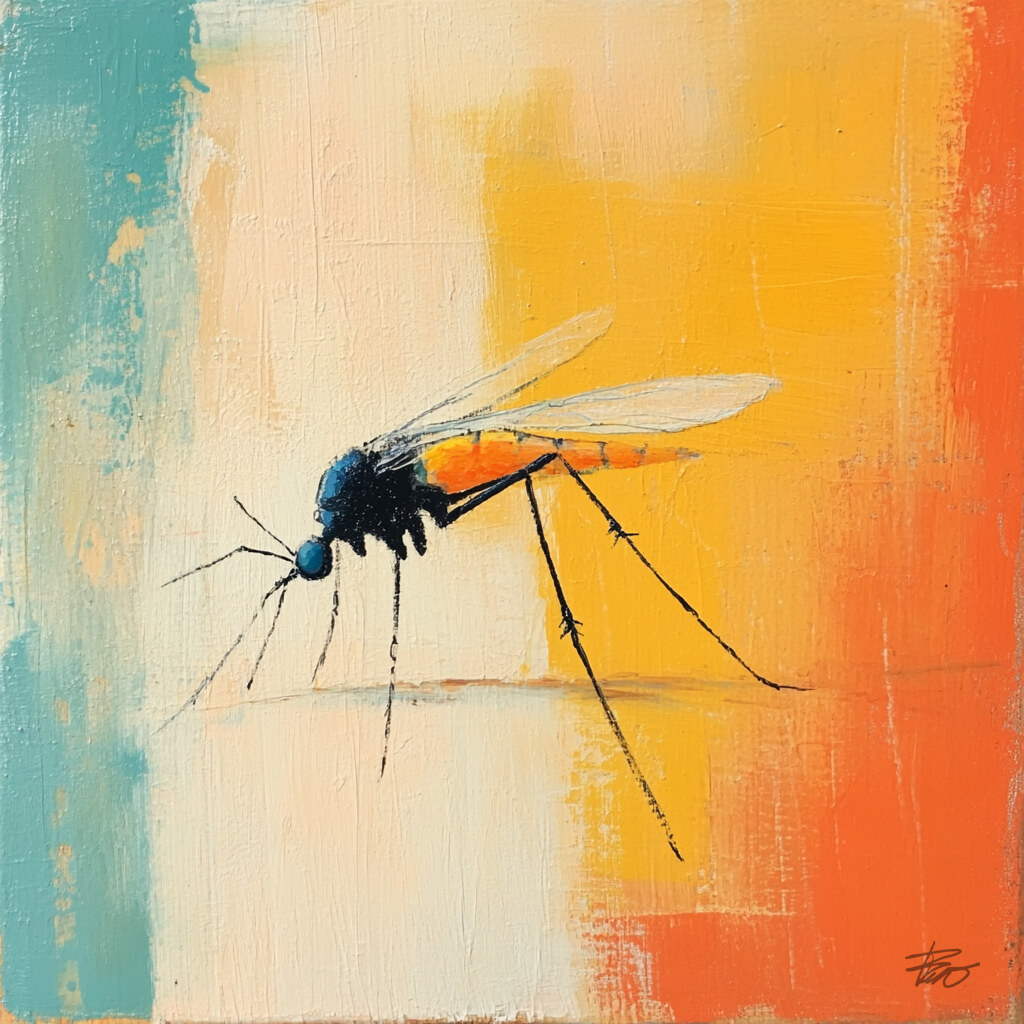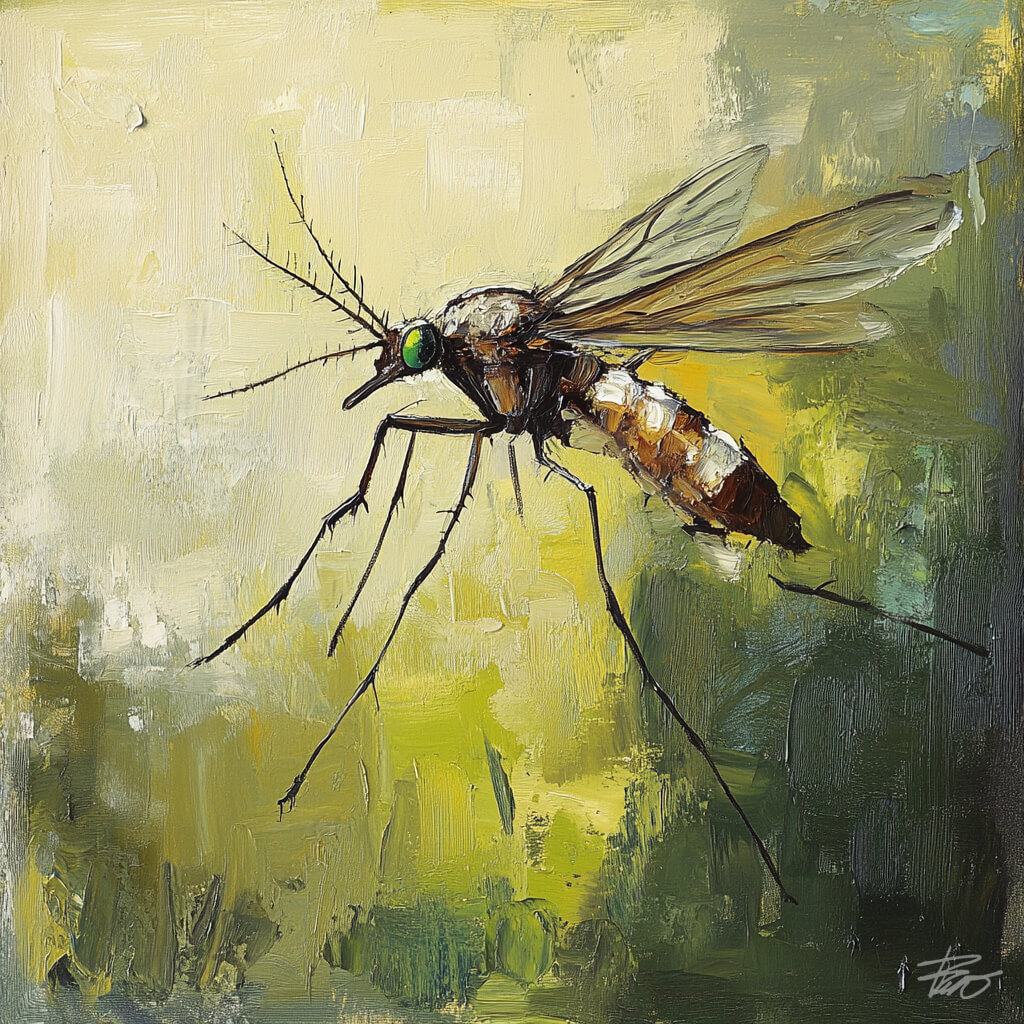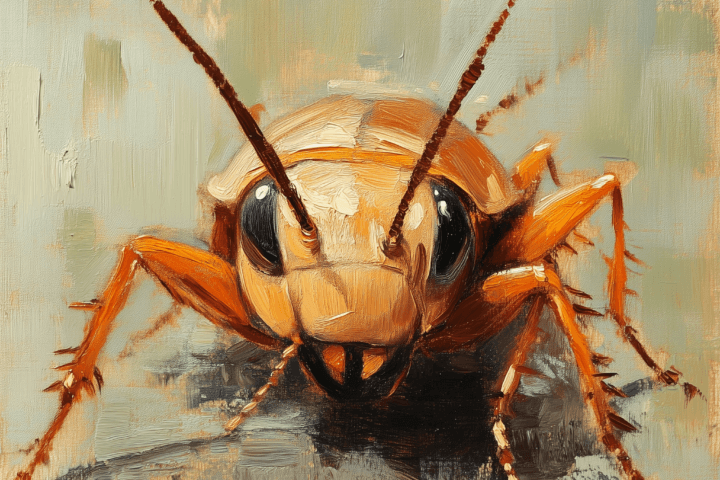By Celeste Katz Marston — Celeste@concordbridge.org
With Concord’s risk level for eastern equine encephalitis boosted to moderate by the state — and neighboring Acton and Carlisle now on high alert — health authorities are encouraging residents to protect themselves from illness-spreading mosquitoes.
“I recommend that Concord residents reduce the risk of exposure by being diligent about avoiding contact with mosquitos,” town Public Health Director Melanie Dineen told The Concord Bridge.
“We are in close communication with our partners at [the state Department of Public Health] and will continue to advise the community of changes in risk level,” she said.

Measures to avoid bites include:
- Using insect repellent.
- Wearing long sleeves, pants, and socks.
- Using mosquito netting on playpens and baby carriages.
- Avoiding outdoor areas populated by mosquitos and limiting outdoor activity at dusk and dawn.
- Removing the standing water where mosquitoes breed.
- Repairing window screens.
According to Emerson Health, “EEE is a rare disease that can occur if you are bitten by an infected mosquito, especially during the summer until the first frost in the fall, when mosquito activity is high. Most mosquitos do not transmit EEE.”
While most mosquito bites result in nothing more serious than itching and redness, early symptoms of EEE can include fever, headache, vomiting, and diarrhea, Emerson’s advisory said, while “severe symptoms include extreme drowsiness, confusion, severe headache, seizures, and paralysis.”
Emerson advises those who experience early symptoms to visit their primary care provider or an urgent care clinic; for more severe cases, head to an emergency room.
According to the Centers for Disease Control and Prevention, “approximately 30 percent of people who develop severe eastern equine encephalitis die, and many survivors have ongoing neurologic problems.”
There is no vaccine to prevent contracting EEE, the CDC says — and no specific treatment for the virus.






